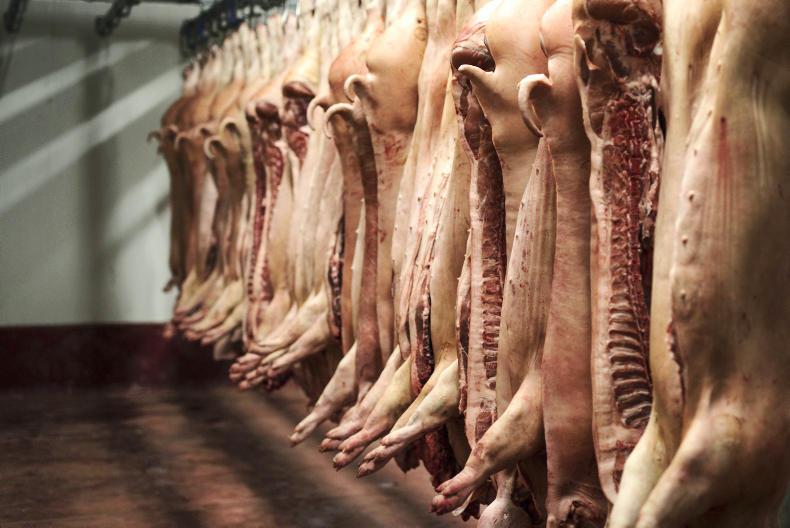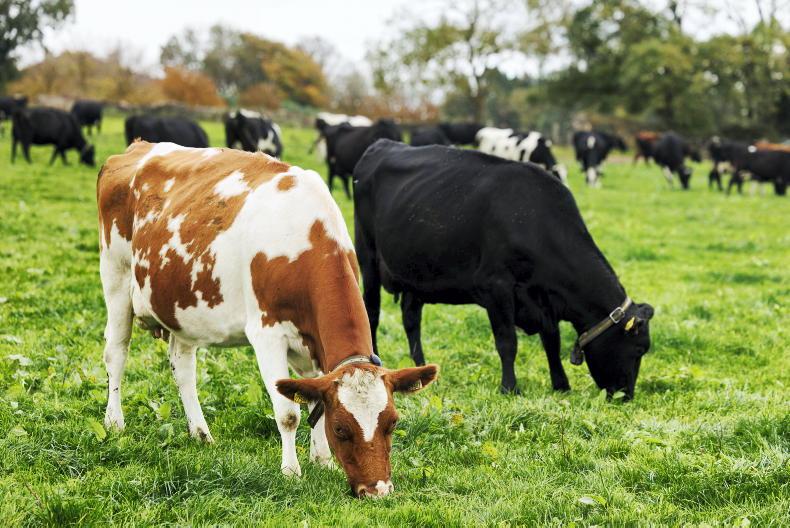The NI pig sector is in crisis talks about managing a backlog of slaughter-ready pigs following the temporary closure of Cranswick’s factory in Cullybackey.
Discussions involving processors, farmer representatives, government officials and DAERA Minister Edwin Poots, are ongoing to find ways to manage over 10,000 pigs that are processed at the Co Antrim site each week.
There are only three pork processing sites in NI and the Cranswick factory is responsible for around 30% of the total NI weekly pig kill.
Karro’s factory in Cookstown is the largest processor in NI and it offers the most potential for slaughtering surplus pigs from local farms.
Specialist pork processor William Grant and Co has a limited slaughtering capacity in Derry and is also understood to be involved in processing extra pigs.
Imports
A key issue is displacing live pigs that move from both Britain and the Republic of Ireland to NI for direct slaughter.
Official figures show that 25% of the total pig kill in NI are imports and freeing up this processing capacity will help manage the current backlog.
The Cranswick factory temporally suspended production on Saturday after a cluster of COVID-19 cases were identified among staff.
The site is set to remain closed for two weeks.
All staff have been tested, and positive cases must self-isolate for 10 days. Staff who tested negative are required to self-isolate for 14 days in case they were at an early stage of infection and did not produce a positive test result.
Prices will be a key issue for all parties involved
Discussions around moving scheduled imports of live pigs elsewhere to process more local pigs at Karro are complex as it ultimately impacts farmers and factories in NI, Britain and the Republic of Ireland.
Prices will be a key issue for all parties involved. Also, factories have different approvals to export to various export markets, so selling end products could be an issue in some cases.
Unspent funds from the £25m COVID-19 support package may have to be directed to the NI pig sector. There is £7.2m of funding currently available which was not allocated in the initial support scheme.
Action needs to be taken now to ensure this situation does not develop into a major crisis
But with local pig units operating and producing a continuous supply of finished pigs, there is extremely limited capacity for extra housing and the immediate issue is getting finished pigs slaughtered.
“Action needs to be taken now to ensure this situation does not develop into a major crisis,” said UFU president Victor Chestnutt.
He said that industry and government representatives need to “explore all options to prevent a serious backlog and help relieve extra pressure building on pig farmers”.









SHARING OPTIONS